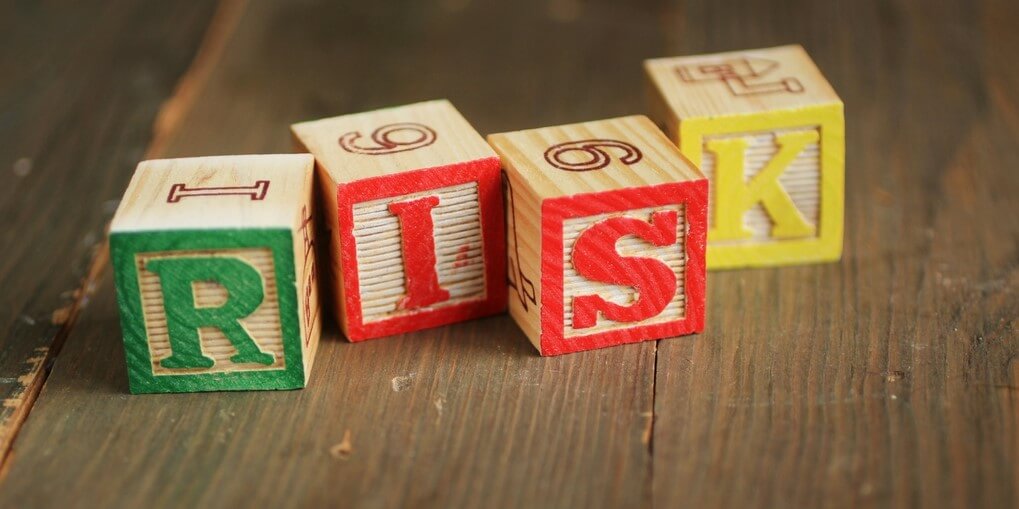Forex traders often find themselves with the need for more features than what is offered with traditional bank accounts, such as the need to have access to multiple currency options. Finding a sufficient bank account can be a frustratingly difficult task for medium-sized investors, especially when it comes to tax optimization. However, if you choose to work with a bank in a non-CRS jurisdiction, your tax information won’t be reported immediately to the tax authorities in other countries.
You’ll also find several other benefits, including low opening deposits and tax credits and exemptions. This type of account is especially useful to beginners that are just getting started in the forex market and it can serve as a one-size-fits-all option for those that also invest in stocks, bonds, and other financial instruments. If you still aren’t convinced, allow us to give you five great reasons to open a forex-friendly bank account today:
Low Deposit and Account Balance Requirements
Most banks ask for a fairly high deposit, but forex-friendly accounts will typically allow you to get started with a deposit of just $2,500, which is generally much lower than what is required elsewhere. Minimum balance requirements are also set at a lower bar than what you would be required to keep with another type of account, so you don’t have to worry about topping up your balance as often. Altogether, these perks take away the stress for traders that want to avoid making a large deposit or who might dip into their account balance farther than expected.
Fees that are Both Low and Transparent
Banking fees are inevitable no matter where you go, but the real issue with many banks is transparency. If you don’t want to find any unexpected charges on your bank statement, a forex friendly account is the way to go. Many of these banks offer transparent pricing, along with fees that are usually lower than the competitor’s offer. Trust us, transparency is key when it comes to anything dealing with brokers or banks.
Beneficial Tax Policies
If you decide to open an account with one of our associates, you can look forward to tax exemptions that would lower your income tax rate to less than 10%. You’ll also benefit from the fact that they don’t work with jurisdictions that have dividends tax or national gains tax, and they only tax nationally sourced income because there is a territorial base for their tax rate.
Privacy
Most banks work with jurisdictions that are part of the CRS/AEOI, which require them to share exchange tax information with foreign tax authorities. Luckily, our associates don’t work with these jurisdictions, meaning that your privacy is protected and you can have the peace of mind that your assets and information are equally protected.
An Account that Fits All Your Needs
Whether you’re only interested in trading forex or if you also dabble in precious metals, stocks, bonds, options, futures, and other financial instruments, a forex friendly account will give you access to everything you need with no need to open multiple accounts through different institutions. These multi-currency accounts are the most convenient option for traders that want efficient banking options.
A Guide to Opening a Forex-Friendly Account
First, you’ll need to start by attempting to gain pre-approval from the bank. This doesn’t guarantee that you’ll be accepted, but it is the first step to the process and it improves your chances. You’ll need the following documents for pre-approval:
- A bank form that has been filled out and signed
- A (notarized) passport copy
- A certified copy of your proof of residence
- Six months’ worth of previous bank statements OR a banking reference
If the bank accepts your pre-approval, they will begin the process of reviewing your application, which typically takes around 20 days total with most banks. Don’t be alarmed if you’re asked to provide additional documents or forms during this time, as this is completely normal. You’ll also be expected to engage in a quick phone call with a banking representative to finalize the pre-approval process. Finally, if everything checks out, you’ll be all set to open your forex-friendly bank account.



